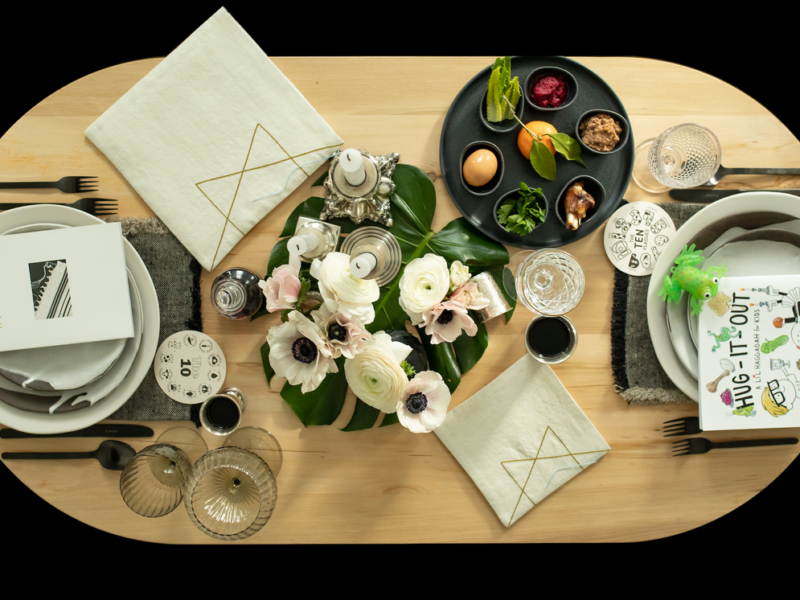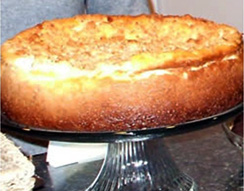This week I got a phone call from my daughter in San Francisco, the very same daughter who, six months ago, was struggling to figure out what to do post-college with a degree in anthropology. She is interning at a nonprofit agency by day and waitressing at night, having the time of her life as she figures it all out.
Next came an email from my son, who, after spending several years trying to make it in the Big Apple, went to grad school and is now working for the Associated Press, reporting from, of all places, the White House!
As if that weren’t enough, I watch my husband pack his bags for our hiking trip through Glacier National Park in celebration of our 30th anniversary. Was it just a year ago that he packed the same suitcase as we headed for a consult at MD Anderson for cancer that is currently in remission?
Looking at life, being aware of how precious and precarious it all is, makes me more fully understand what my dad used to say when I was a little girl. “If I could only stop the clock right now…” he would muse, leaving the rest of the sentence unfinished.
Stopping the clock – an image that suggests an appreciation for those rare moments in time when everything is going well – is not possible. But what is possible is to be mindful of and grateful for the time we have, and to use these precious hours and days to create a life of meaningful choices and relationships.
When we are young, we feel that we have “all the time in the world.” This sense of unlimited time is a reflection of our youth, good health and energy, often based on the idea that limitless possibilities and experiences lie ahead.
As we age and our responsibilities increase, from work, family and other commitments, time takes on new meaning. Time can even become our enemy, as we fight to steal a few minutes or hours from one activity to create time for another. Juggling our calendars, multi-tasking through the day and feeling pressed for time are common feelings as we try to balance raising our families, work and time for the people and things we love.
And in our “golden” years, when energy and health often elude us, we take stock of time in a totally different way. We slow down, mentally and physically, and look at what is most meaningful at this point in life, knowing that we have a limited amount of time left to enjoy and experience what we value most.
Jewish tradition has much to teach us about time because it acknowledges two types of time: historical and cyclical. Historical time (i.e., chronological time) lets us take stock of our lives, evaluate our choices and determine how we want to live and what we want to change. It provides a sense of optimism because we can use our time to enrich ourselves and become who we want to be. The Rosh Hashanah and Yom Kippur liturgies are replete with prayers and expressions that confirm this way of viewing time.
Cyclical time, as expressed through our Jewish calendar and life-cycle events, helps us appreciate the recurring patterns of the seasons and the year, of natural life-cycle events that are inevitable. It is best expressed in the wisdom of Ecclesiastes, which states: “To everything, there is a season and a time to every purpose under Heaven.”
I measure my own good fortune by the awareness of how blessed I am that things are good – right now. I know there will be times ahead when I will face personal challenges, struggle with family and health issues, and be confronted by problems for which I have no answer. But of one thing I can be sure: that as time passes, as the days and months flow into years, things will and must change. For today, I am determined to “stop” my clock and offer a prayer of gratitude.
Amy Hirshberg Lederman is an author, Jewish educator, public speaker and attorney. Her columns have won awards from the American Jewish Press Association, the Arizona Newspapers Association and the Arizona Press Club for excellence in commentary. visit her website at amyhirshberglederman.com.






